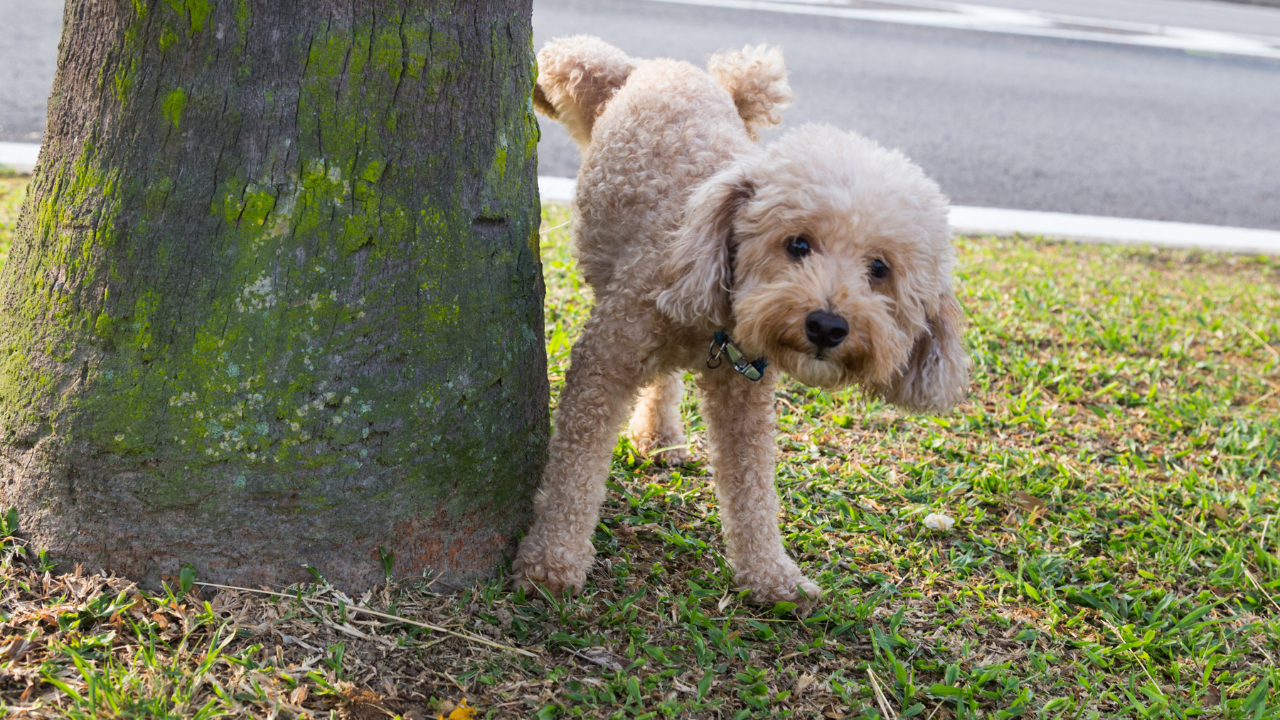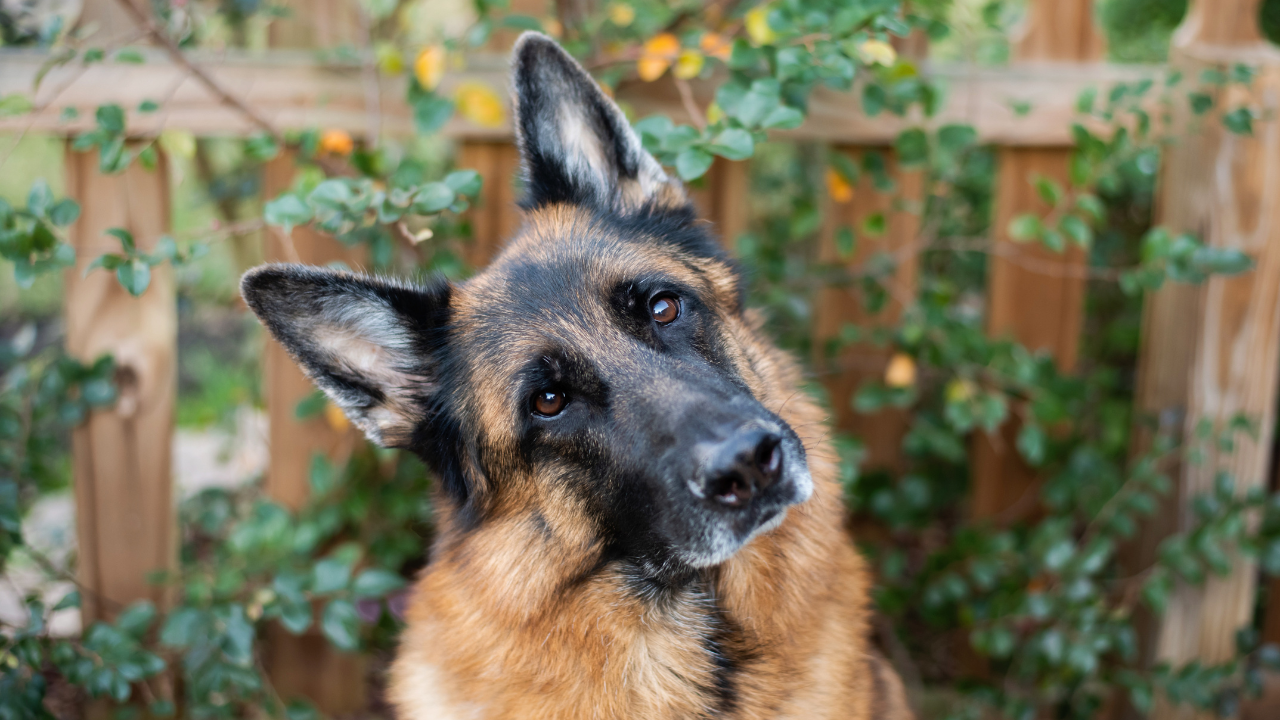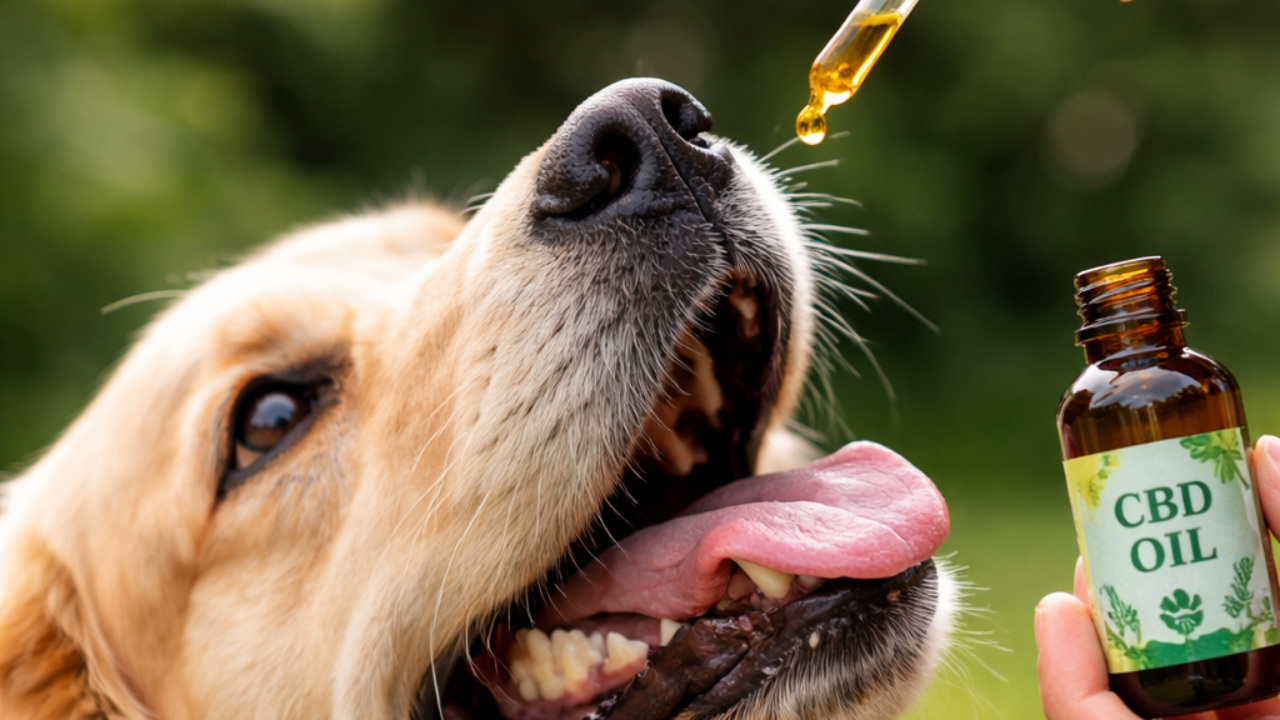5 Home Remedies for Urinary Tract Infections in Dogs
Apr 19, 2024
Urinary tract infections (UTIs) in dogs are relatively common and can occur in both male and female dogs of any age or breed. UTIs are caused by the invasion of bacteria into the urinary tract, which includes the bladder, urethra, and sometimes the kidneys. UTIs can cause discomfort and pain in dogs and may require veterinary intervention for proper diagnosis and treatment.
Causes of UTIs in Dogs
- Bacterial invasion: The most common cause of UTIs in dogs is the invasion of bacteria into the urinary tract. The bacteria most commonly involved are Escherichia coli (E. coli), which normally inhabit the intestines but can ascend into the urinary tract and cause infection.
- Urine retention: Dogs that have difficulty emptying their bladder completely, either due to anatomical abnormalities or neurological issues, may be at increased risk of UTIs. Urine retention can create a conducive environment for bacterial growth, leading to infection.
- Poor hygiene: Dogs that have poor hygiene habits, such as licking their genital area excessively, may introduce bacteria into their urinary tract and increase the risk of UTIs.
- Immune system suppression: Dogs with weakened immune systems, such as those with underlying diseases like diabetes or Cushing's disease or those undergoing immunosuppressive treatments, may be more susceptible to UTIs.
- Other factors: Other factors that can increase the risk of UTIs in dogs include bladder stones, tumors, trauma to the urinary tract, and hormonal imbalances.
Dogs Prone to Urinary Tract Infections
Some dogs may be more prone to urinary tract infections (UTIs) due to certain factors that can increase their risk. Here are some examples:
- Female dogs: Female dogs are generally more prone to UTIs compared to male dogs due to their shorter urethra, which allows bacteria to travel more easily into the urinary tract.
- Older dogs: Older dogs, especially those who are senior or geriatric, may have weakened immune systems and decreased bladder muscle tone, which can make them more susceptible to UTIs.
- Dogs with urinary tract abnormalities: Dogs with anatomical abnormalities in their urinary tract, such as urinary tract stones, tumors, or congenital defects, may be more prone to UTIs due to the increased risk of bacterial colonization and infection.
- Dogs with weakened immune systems: Dogs with weakened immune systems due to underlying medical conditions, such as diabetes, Cushing's disease, or cancer, may be at higher risk of developing UTIs.
- Dogs with urinary retention issues: Dogs with conditions that can cause urinary retention, such as bladder muscle dysfunction, nerve damage, or spinal cord injuries, may have stagnant urine in their bladder for longer periods, which can increase the risk of bacterial growth and UTIs.
- Dogs with poor hygiene: Dogs that have poor hygiene practices, such as infrequent grooming or soiling of their genital area, may be more susceptible to UTIs due to the increased chance of bacterial contamination.
It's important to note that while certain dogs may be more prone to UTIs, any dog can potentially develop a urinary tract infection.
5 Home Remedies for Urinary Tract Infections In Dogs
If you're looking for a home remedy for urinary tract infections in dogs, check these out!
Consult a holistic veterinarian to determine the appropriate measures to treat UTI's in your individual dog.
1. Couch Grass
Couch grass is a common weed in North America and is sometimes called quack grass. It's an anti-inflammatory, mild antimicrobial, and pain soother. It’s also a diuretic, which means it can help encourage waste elimination.
How To Give Your Dog Couch Grass For UTIs
1. Simmer a heaping teaspoon of the chopped dried root in 8 oz of water for 20 minutes.
2. Cool and strain the liquid.
3. Use a dropper or teaspoon to place it in your dog’s mouth (1/2 teaspoon per 20 pounds of body weight twice daily). You can also add it to your dog’s water.
2. Parsley
Parsley leaf is another diuretic that can help with UTIs. This is because of its antiseptic properties, plus it’s easy to give your dog.
How To Give Your Dog Parsley For UTIs
1. Juice parsley leaf in a vegetable juicer.
2. Feed the juice at 1 teaspoon per 20 lbs body weight.
It’s best to give it by mouth and on an empty stomach. You can add it to your dog’s water if she won’t let you give it by mouth.
3. Marshmallow Root
Marshmallow is one of the most versatile herbs for dogs. It’s a demulcent that soothes and protects irritated and inflamed tissue, so it’s an ideal remedy for urinary tract infections in dogs. It helps reduce inflammation and creates a barrier between the lining of the urinary tract and harmful bacteria.
How To Give Your Dog Marshmallow For UTIs
1. Sprinkle marshmallow root powder on your dog’s food
2. Provide ½ tsp for each lb of food
4. Horsetail
Horsetail is antimicrobial, so it can help fight off infection. It’s also helpful if your dog has a urinary tract infection with minor bleeding. Horsetail is best used with a soothing herb like marshmallow root.
How To Give Your Dog Horsetail For UTIs
1. Add a large handful of dried herb, ½ tsp of sugar, and water to just cover the herb into a pot.
2. Simmer on low heat until the water is dark green (about 20 minutes).
3. Cool and strain the liquid.
4. Add 1 tbsp for every 20 lbs of body weight to your dog’s food.
Don’t use horsetail long-term as it may cause irritation.
5. Cranberry
Cranberries are a well-known natural remedy for UTIs in humans, and they can work for your dog too. But cranberries or supplements with cranberries are one of the best remedies for UTIs.
You may wonder if you can give cranberry juice, but most juices have a lot of sugar, so they’re best avoided.
Preventing Urinary Tract Infections in Dogs
Some preventive measures that can help reduce the risk of UTIs in dogs include:
- Providing clean, fresh water at all times to encourage frequent urination and flushing of the urinary tract.
- Encouraging regular and complete emptying of the bladder during bathroom breaks.
- Maintaining good hygiene by regularly cleaning your dog's genital area and preventing excessive licking.
- Treating any underlying health conditions that may weaken the immune system.
- Avoiding the use of harsh chemicals or irritants in your dog's environment, as they can cause inflammation of the urinary tract.
- Regular veterinary check-ups to detect and manage any underlying conditions that may predispose your dog to UTIs.
Keep Your Dog Healthy
That's that! Jot down any notes you need to prevent recurring urinary tract infections, check out the natural remedies, and consult your holistic veterinarian with any questions you may have.
We hope this article has helped you. So many dogs suffer with UTIs, and it's not exactly pleasant to use the bathroom when you have one.... have you ever had one yourself? If you have, you know exactly what we're talking about.
References
Abaturov A, et al. P146 Phytoprevention of acute respiratory diseases in children. Archives of Disease in Childhood 2017;102:A90.
Akgül T, Karakan T. The role of probiotics in women with recurrent urinary tract infections. Turkish Journal of Urology. 2018;44(5):377-383.
Chou HI, Chen KS, Wang HC, Lee WM. Effects of cranberry extract on prevention of urinary tract infection in dogs and on adhesion of Escherichia coli to Madin-Darby canine kidney cells. Am J Vet Res. 2016 Apr;77(4):421-7. doi: 10.2460/ajvr.77.4.421. PMID: 27027843.
Dennis J Chew DVM DACVIM, Managing routine and difficult urinary tract infections In dogs. (Proceedings), September 30, 2011
Deters A et al. Aqueous extracts and polysaccharides from Marshmallow roots (Althea officinalis L.): cellular internalisation and stimulation of cell physiology of human epithelial cells in vitro. J Ethnopharmacol. 2010 Jan 8;127(1):62-9.
Howell AB, Botto H, Combescure C, Blanc-Potard AB, Gausa L, Matsumoto T, Tenke P, Sotto A, Lavigne JP. Dosage effect on uropathogenic Escherichia coli anti-adhesion activity in urine following consumption of cranberry powder standardized for proanthocyanidin content: a multicentric randomized double blind study. BMC Infectious Diseases. 2010;10:94. Published 2010 Apr 14.
Jandirk Sendker et al. Phytochemical Characterization of Low Molecular Weight Constituents from Marshmallow Roots (Althaea officinalis) and Inhibiting Effects of the Aqueous Extract on Human Hyaluronidase-1. J. Nat. Prod. 2017, 80, 2, 290–297
Nazeem Fahamiya et al. Unani perspective of Khatmi (Althaea officinalis). J Pharmacognosy and Phytochemistry, 2016; 5(6): 357-360.
Mahmoud Bahmani et al. Identification of medicinal plants of Urmia for treatment of gastrointestinal disorders. Revista Brasileira de Farmacognosia, Volume 24, Issue 4, 2014.
Shin CN. The effects of cranberries on preventing urinary tract infections. Clin Nurs Res. 2014 Feb;23(1):54-79.
Become a Dog Cancer Coach.
Transform your passion for dogs into a meaningful, heart-led career with our Holistic Dog Cancer Coach Certification—an in-depth, flexible online program designed for compassionate caregivers ready to make a difference.
Stay connected with news and updates!
Join our mailing list to receive the latest news and updates from our team.
Don't worry, your information will not be shared.
We hate SPAM. We will never sell your information, for any reason.





